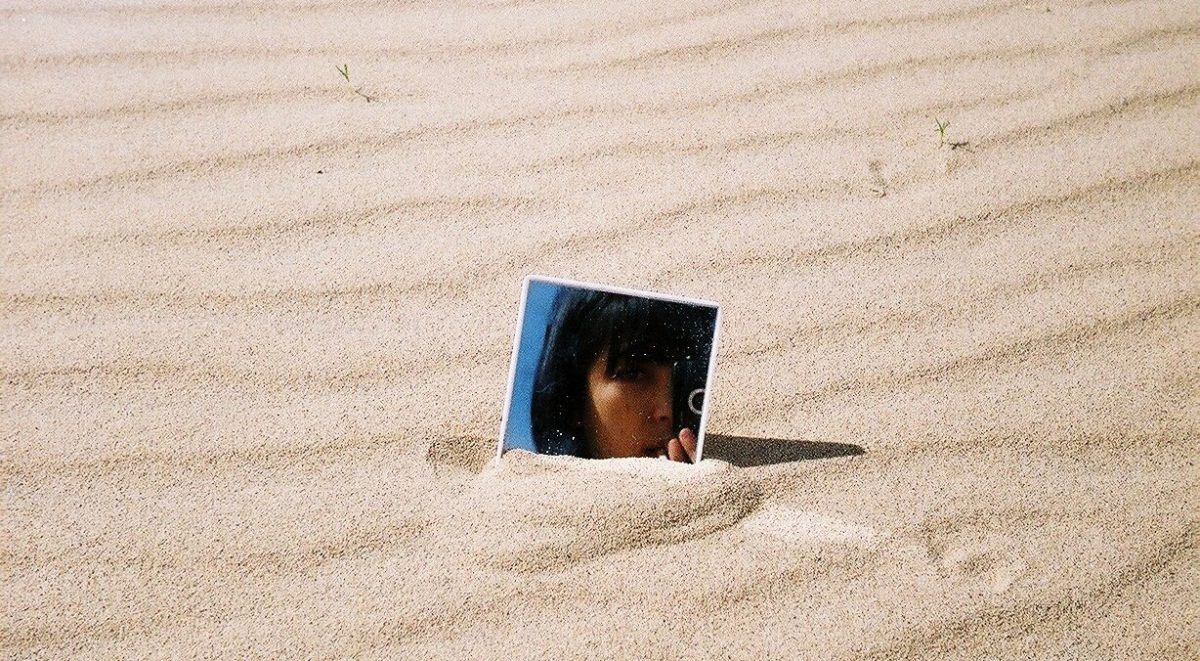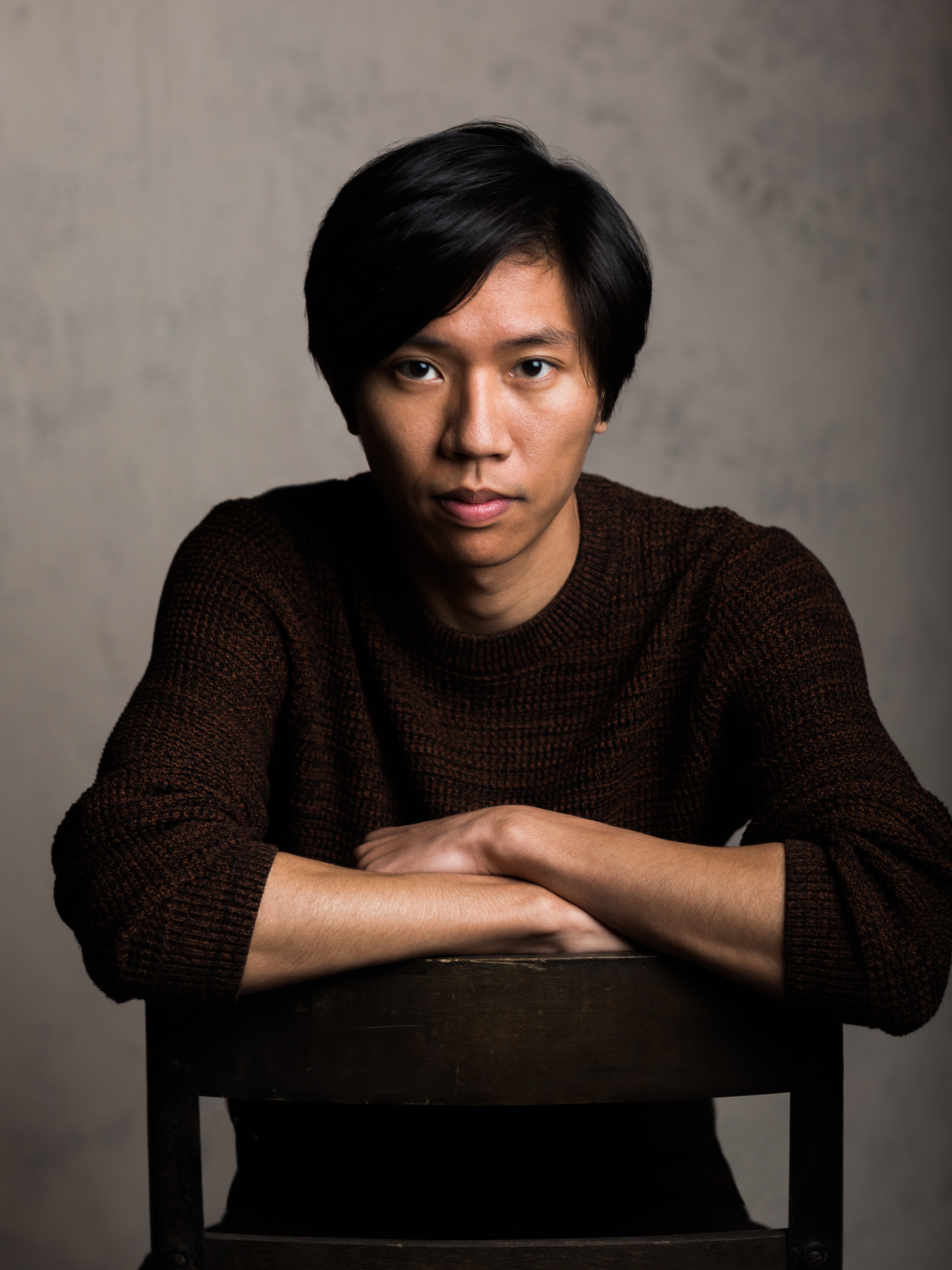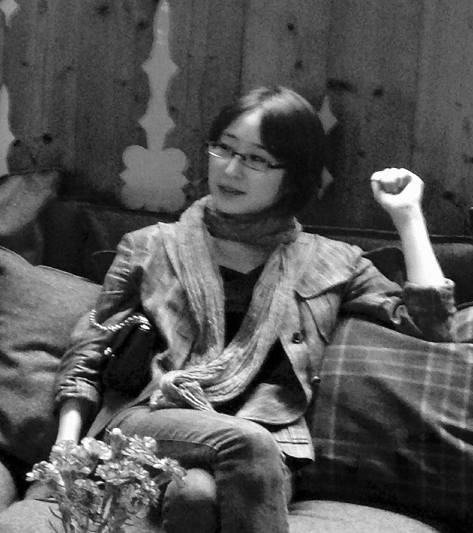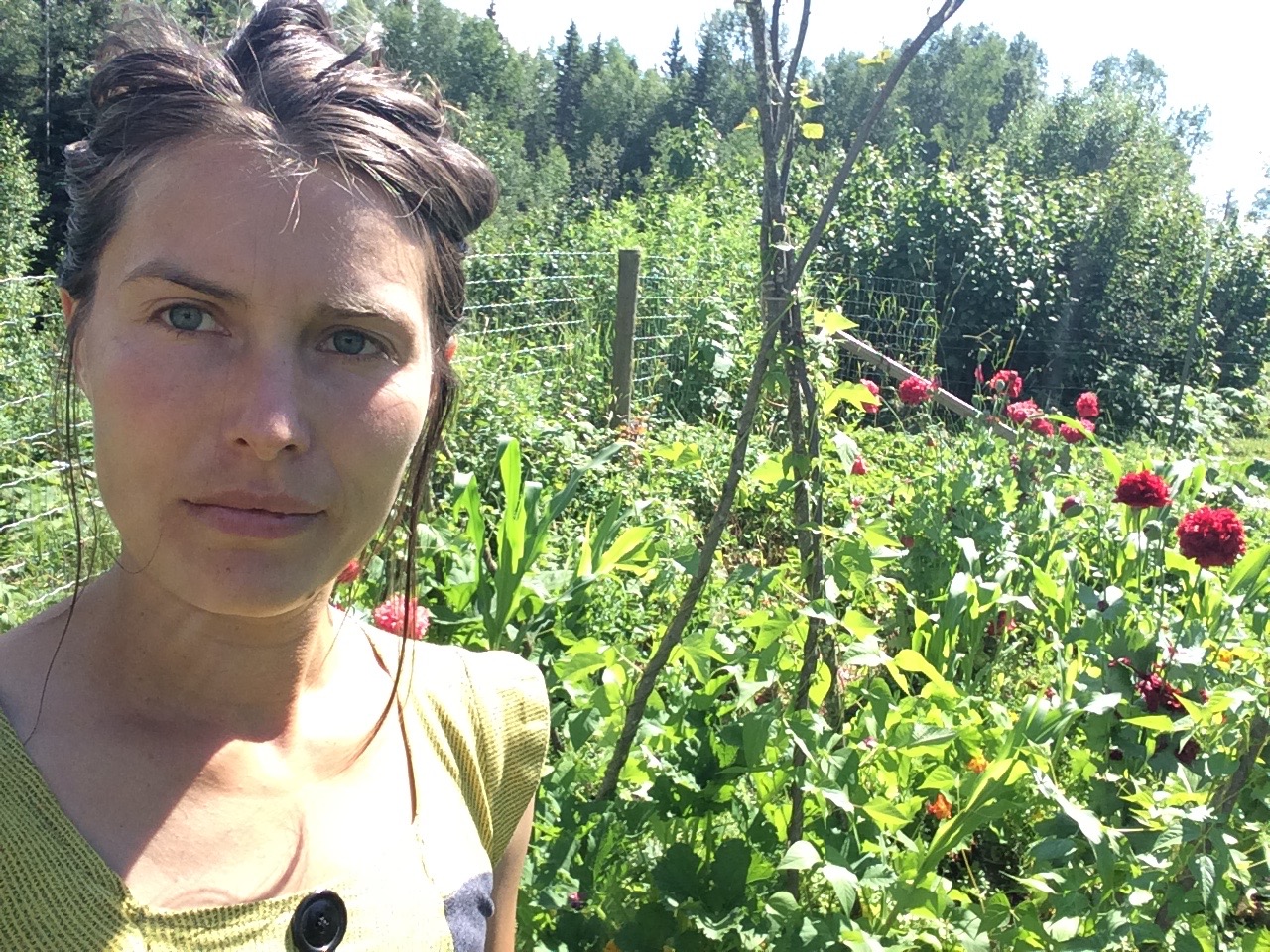
We’re so excited to introduce you to our Jacob Zilber prize winners, whose pieces you can read in our Summer issue, 56.4. The characters in these stories transport a dead body along a bourbon-hued river in the Philippines, hunt for the perfect pig-feet in Seoul and come to understand their pasts in the woven strands of carpets. Let’s get to know the minds behind these complex worlds.
Grand Prize Winner
Michael Mendonez – “The Baptism of Alleluia Gomez”
 What’s happening around you—either right around you or outside of where you are?
What’s happening around you—either right around you or outside of where you are?
Strangely, it’s quiet. Strange because of what sounds I’d grown accustomed to the previous two years living as a teacher in a boarding school: an orchestra of cell phone chirping, instruments of all kinds being strummed or thumped, a stampede of ravenous teens, and intermittent shrieking. If it wasn’t an argument between a pair of roommates, it was a burst water pipe spilling down the often out-of-order elevator shaft. But here on the second floor of the duplex where I live now it’s admittedly a lot less chaotic. Still, it’s a busy street—quaint and perfectly cramped. Sometimes there’s the train. A few days ago there was a beautiful wedding procession led by a five-piece mariachi band. But for now, mid-afternoon when I usually find my time to write, thankfully for now, it’s quiet.
Why do you live where you live?
For my fiancé’s job—that’s a word I’m still getting used to, as we became engaged a little over a week ago. We moved into Red Bank because we weren’t ready to settle into a typical suburb, but the job opportunity took us out of the city. In a way though, a bigger decision landed us here in New Jersey where we were raised. We had been living in China, working and traveling for two years, when suddenly we knew it was time. We saw our country change tremendously overnight. It was the first bout of homesickness I’d ever had.
What are you looking forward to this week?
This weekend I’m meeting up with some college friends from our Filipino-American club called Barkada, a Tagalog word for a group of friends. In those undergrad days, the club was a great excuse to go eat lumpia and have halo-halo together. And not to mention the cultural dances, the Tinikling and the infamous Maglalatik (click if you dare) (and yes, we still have those coconuts somewhere), which we performed for our college peers. This time around we’ll be finding a spot on the Delaware to launch some inflatable tubes which will float us downriver a few miles or so. Is this what growing up is? Looking forward to sitting on something that moves for you?
What advice would you give an aspiring or emerging writer?
It feels odd since I’m still an emerging writer myself, but here are my two cents. In my experience, cliché advice is usually good advice: write for yourself; always be listening; find wonder and hold onto it; and use your library card (frequent the sections with the most dust). Lastly, something I heard along the way from a kind soul. Inspiration doesn’t come every day, but you need to keep the appointment just in case. Writing is hard. There will be doubt. Keep the appointment.
First Runner-Up
Mi-Kyung Shin – “Sisters on a Quest”
 What’s your morning routine?
What’s your morning routine?
Wake up around dawn. Shower. Make coffee. Sometimes talk with my family members who are on two different continents so around dawn over where I am is the right sliver of time in which none of us are asleep. Check weather, email, news etc. Rinse the cup.
What’s the first story or poem you remember writing, and how does it relate to your current work?
I probably wrote some gibberish of a story or two as a kid too, but to recall one that’s reasonably artful, I think it’s the one I wrote when I was 18 or 19 about a girl who buys a slice of strawberry swirl cheesecake after long and intense desiring but can’t actually eat it because she can’t bring herself to stick a fork into it and ruin its beauty—its state of perfection. Ephemerality/mutability (of life, objects, feelings…all things) is something that continues to intrigue me and is a recurrent theme in my stories, more explicitly in some, more like an undertow of melancholy in others.
What are you most proud of?
I don’t think I have any specific thing. Just of surviving to this day, maybe?—of not having been completely crippled by my neurotic tendencies, including one, like above, to want nothing to change.
What’s one risk you’re glad you took?
Do I take risks? I don’t know. To say I do, then it’s that I rarely do anything knowing that the thing is risky. I might ascribe such a quality in retrospect to certain actions that I took, but oftentimes, for me, those “risky” actions arise from my limitedness—my intellectual and emotional immaturity—which I can’t recognize at the time. When I was a teenager, for instance, I nursed a truly massive secret crush on this boy at my cram school who probably didn’t even know my name and one day I just walked up to him and told him how I felt about him in most unequivocal terms. Now I might call that a kind of risk-taking—to lay myself so bare—but back then it was something that I just did, without ratiocination or insight into its significance, out of a certain juvenile artlessness which I no longer possess. Nothing came of it. It was a typical, unrequited, adolescent love. But I’m glad that I did what I did. He blushed so badly. There’s a whooshing wind, bells and garbled words over PA, a subway train pulling in, noise, noise, people scurrying all around on the platform…and the boy I love is blushing.
Second Runner-Up
Angelique Lalonde – “Pooka”
 Is there any advice you like ignoring?
Is there any advice you like ignoring?
Loud raucous quips given by men with too-white teeth and anchorperson hair.
Is there a public space you’re fond of? Describe it.
I appreciate the public space of the river, where so much living happens. I never know who I’ll meet at the sandbar beyond that old growth cedar. Could be an eagle or salmon, hundreds of teeny frogs, a big old bear, neighbours from up the way, or the ghost of my black dog who we laid to rest on the high bank last winter. Lots of other kinds of people too, ones you have to be so quiet to hear. A lot of the language I don’t know, but I do know it’s happening all around. Wild onions come up in spring and ice crowds the shore in winter, hiding everything underneath. Different kind of breathing happens at the river, go down there and you’ll see.
Do you have a favourite word? Or a least favourite word? What is it and why do you like/dislike it?
I have always been fond of dictionaries. I usually keep a dictionary very close at hand on my kitchen table. Currently the dictionary of choice is a big battered blue 1960’s edition French-English Larousse where I look up words that I never learned, or have forgotten since childhood, as my daughter learns to speak French in an English-dominated place. The most recent word we’ve learned and loved together is géocoucou – roadrunner. We say it and giggle like fools. I like a word that makes me feel when I say it. A word that makes me laugh, or feel like I want to vomit, or curl my lips up into a snarl, making me feel mean.
Do you have any “vices”? What’s the relationship between your vices and your writing?
The life I am currently living is rather wholesome. I grow my own food, breastfeed my baby and play with my three year-old daughter. My victories are squash that flourish despite the short growing season. I learn tricks to contend with the weather. I preserve the harvest and keep a stocked pantry, spend time nurturing a world for small beings to most lovingly encounter the world, go to the chicken house, and wander in the forest. It is a small domestic world. There is not really any room for vices. The vices I had before I became a scholar and then a mother have been disciplined out in favour of other pursuits. I meditate with the intention of reducing suffering, I paint and knit, write letters to faraway friends. These intentions loosen attachments to vices I may have once had, back when I thought writing was a romantic thing to do. If a vice is an immoral habit, then writing perhaps is a vice that ensnares me, something I feel selfish about that separates me from the rest of my life and duties. I keep a room that is my own. An empty desk by a window waits for me, which I must bully for if I want to sit there for a time with the door closed.